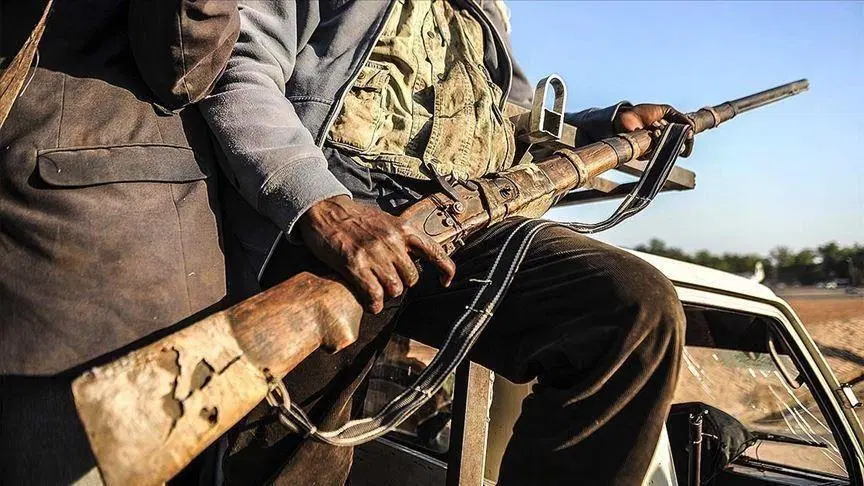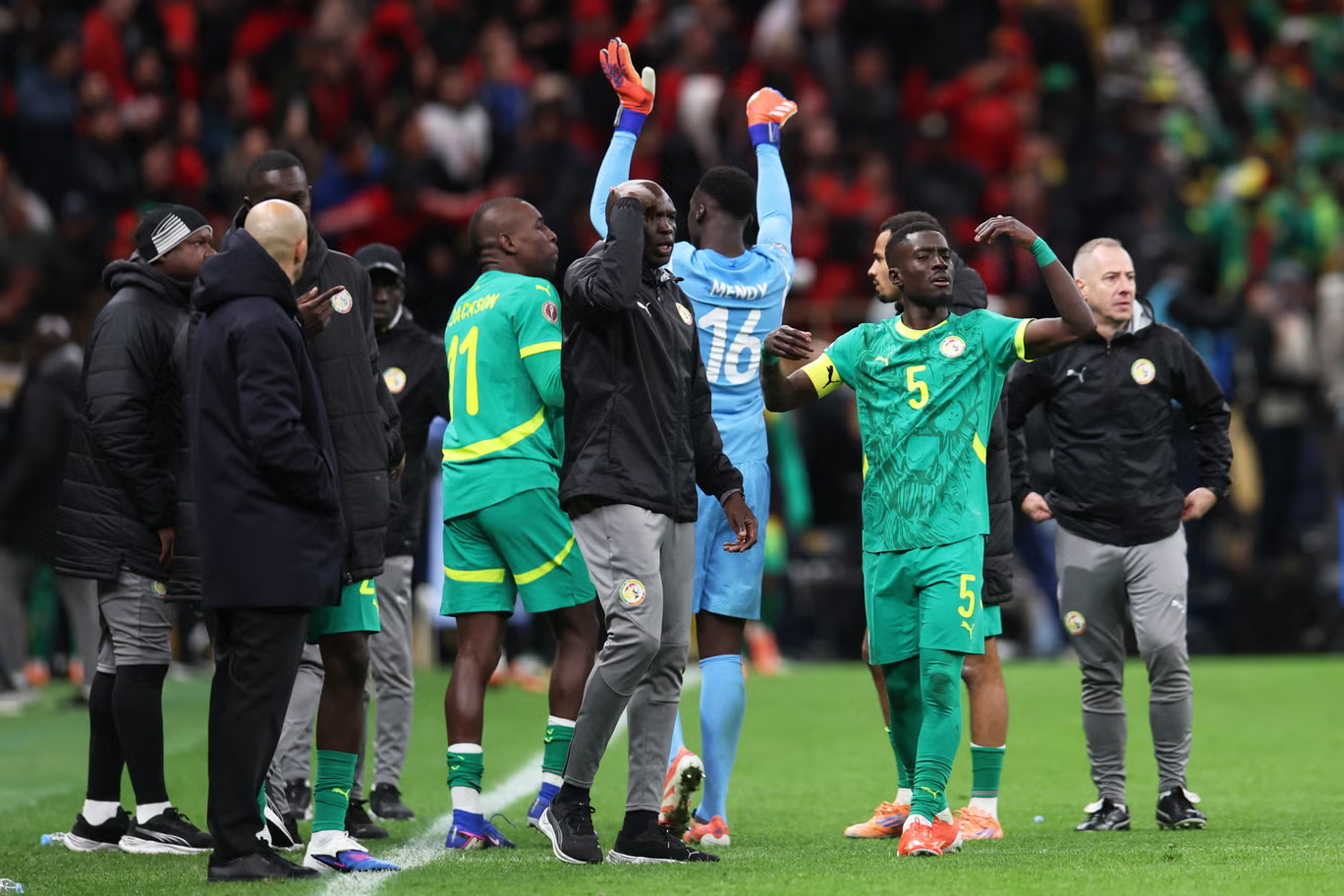The sheer desperation that would drive dozens of people onto a single, overloaded boat speaks volumes about the level of fear plaguing communities in Zamfara State. These individuals were not fleeing a natural disaster; they were running from a man-made one.
The attackers, known locally as bandits, are part of a brutal criminal enterprise that thrives on kidnapping for ransom, a business that has claimed the lives of over a thousand people in Zamfara alone in the past year. The fact that an attack by armed men could lead to a tragedy on the water is a direct consequence of the government’s failure to provide basic security. It highlights a critical long-tail keyword: “people fleeing violence and drowning in Nigeria.”
Meanwhile, the response from officials and politicians has become a tired, predictable ritual of condolences and promises to “take firm action.” This rhetoric is no longer enough. The ongoing security crisis in Zamfara requires a radical shift in strategy.

Instead of reactive military operations, the government must adopt a proactive, multi-faceted approach. First, we must address the root causes of banditry in Nigeria by tackling the widespread poverty and unemployment that make crime an appealing option for desperate youth.
This means investing in education, creating sustainable jobs, and developing rural economies. Second, the government should implement genuine community policing initiatives, empowering local vigilante groups with training and support to defend their homes, a strategy that has shown some success. Finally, we must end the practice of paying ransoms, which only serves to fuel this violent criminal enterprise.
This isn’t just about stopping the bloodshed; it’s about restoring a sense of safety and dignity to the people of Zamfara. The government must do more than count the dead; it must take decisive steps to prevent the next tragedy. The families who lost loved ones in that river deserve a commitment to peace that is more than just a political talking point.

















